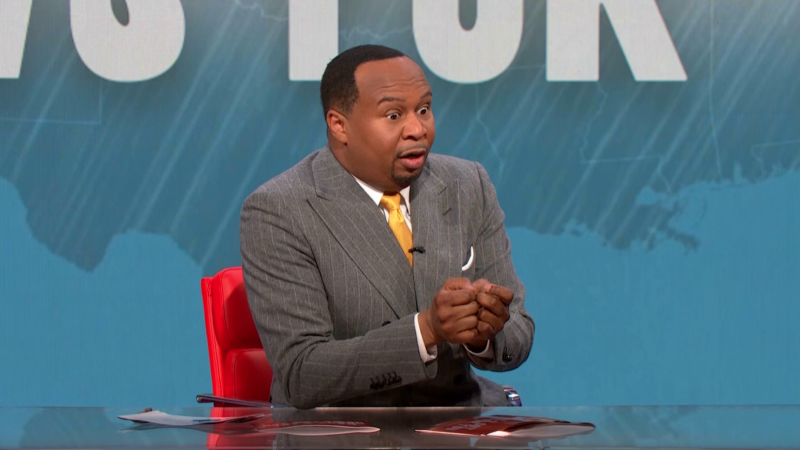Fowl Play: USDA's Bird Flu Blunder Sparks Comedy and Confusion

In a surprising turn of events, comedians and GOP Representative Mike Lawler have rallied behind workers caught in a bureaucratic battle with the US Department of Agriculture (USDA). The controversy centers around termination letters sent to dedicated bird flu response workers, with the department now attempting to retract those dismissal notices.
Comedian Roy Wood Jr. has been particularly vocal about the situation, drawing attention to the plight of these essential workers who played a crucial role in managing the bird flu outbreak. The unexpected alliance between comedians, a Republican congressman, and the affected workers highlights the cross-partisan support for these frontline employees.
The USDA's attempt to revoke the termination letters has sparked widespread discussion about worker rights and the treatment of critical public health personnel. Representative Lawler and the comedic community have united to shed light on what they perceive as an unjust treatment of workers who were instrumental in responding to a significant agricultural and public health challenge.
This developing story underscores the importance of supporting workers who step up during critical national emergencies, regardless of political affiliations. The collaborative effort to challenge the USDA's actions demonstrates a rare moment of solidarity in an often-divided political landscape.

